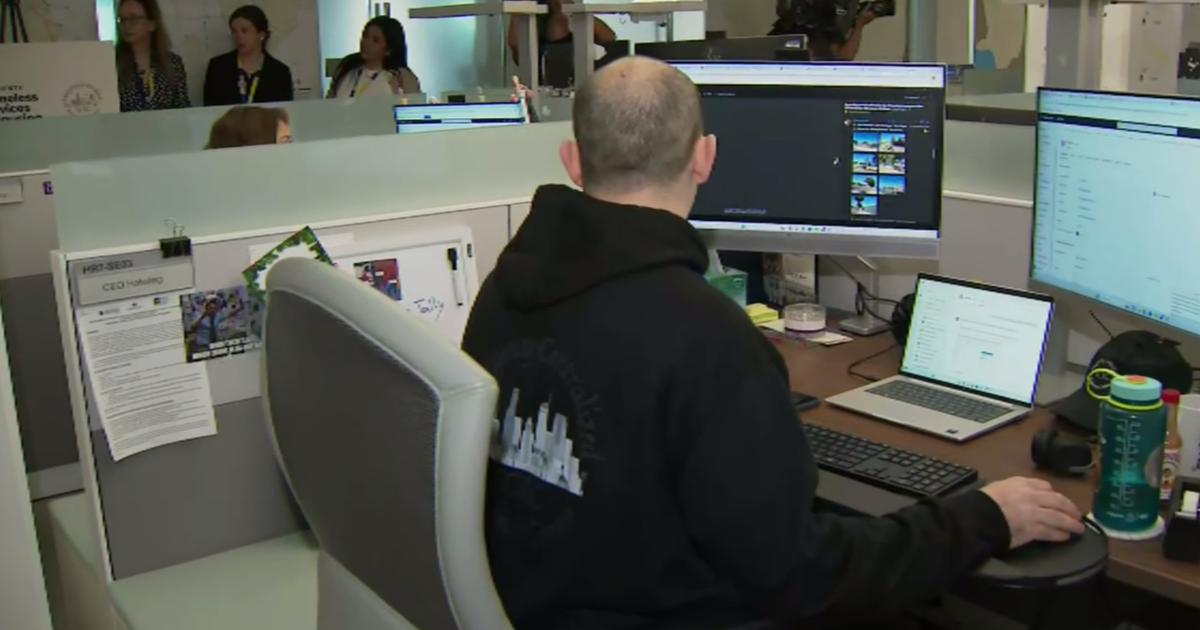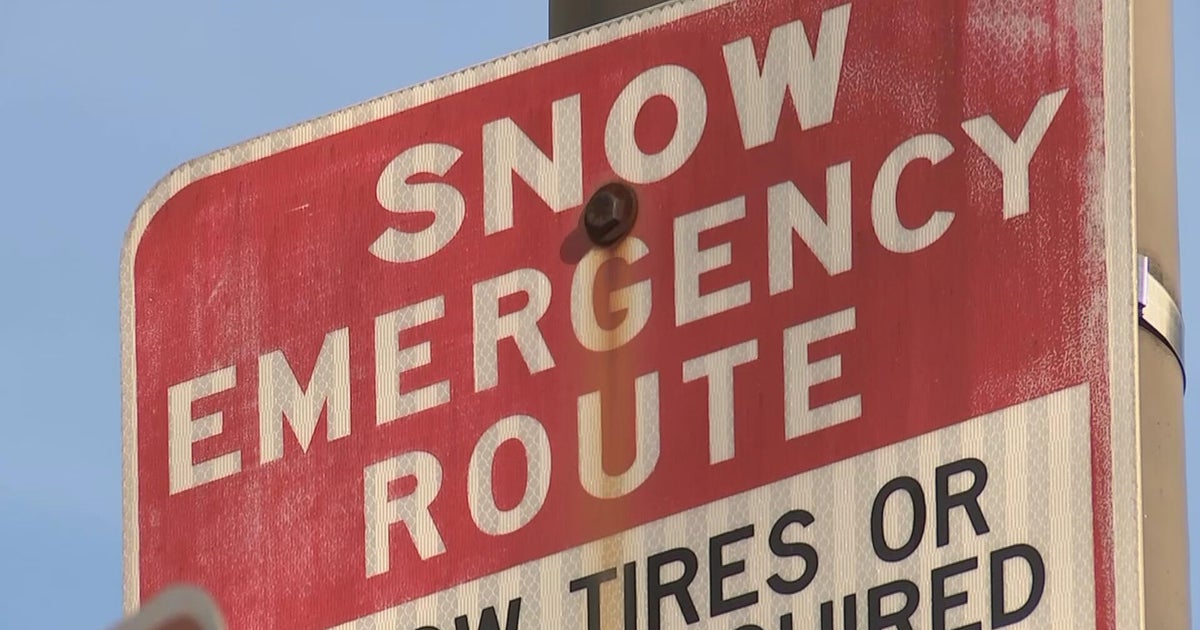Mayor Daniella Levine Cava announces expansion of Emergency Rental Assistance Program
MIAMI - More help is on the way for struggling renters in Miami-Dade.
On Friday, Mayor Daniella Levine Cava announced an expansion of the Emergency Rental Assistance Program (ERAP) as a major step in the rollout of her HOMES Plan.
The mayor's HOMES Plan was approved in the 2022-23 annual County budget as part of a historic investment of $500 million to tackle the affordability crisis and ensure all families can continue to live and work in the county.
The mayor said for county residents to thrive they must be able to afford to live there. Levine Cava said that is why she declared an affordability crisis last April and moved quickly to create solutions to help. She said ERAP has been one of the most successful tools they've had.
"ERAP helps renters with issues ranging from past due rent to utility payments, relocation assistance, and increase of rent up to 30 percent for a period of three months.
So far, more than $138 million has been distributed to help keep over 21,000 families in their homes since the start of the COVID-19 pandemic.
"These figures make our ERAP program one of the most successful in the entire nation, one of the top five," said Levine Cava. "Our distribution of these funds has been so successful that we were able to apply and receive additional federal funds so we can help more of our Miami-Dade County residents and protect more renters."
Levine Cava's administration has been working to secure more funding on the premise that the Miami-Dade area is one of the most expensive places to live in the U.S.
During a visit in June by HUD Secretary Marcia Fudge, she called Miami the epicenter of the housing crisis.
The mayor said as the price of housing continues to skyrocket, one of the goals in the HOMES plan was to expand the ERAP program.
"At my request and the approval of the county commission a full eight million dollars additionally was put into the fund for ERAP so we could help a greater group of hard-working families," said Levine Cava. "So in addition to the federal guidelines, thanks to these dollars we are expanding the ERAP program to more of our residents so they can stay in their homes."
The additional funding means expansion of eligibility, from 80 percent of the area medium income, which is the federal standard, up to 140 percent of the median income.
That means renters making up to $96,000 dollars a year could now be eligible if they cannot afford to stay in their homes. The eligibility is also expanded for families who make more than $100,000 a year.
CBS4 spoke Friday to Dr. Lawrence Rolle, who recently found himself in a crisis when his roommate moved out.
"As I got older, I knew it would be something challenging," he said. "I could help a lot of people, I could support my family."
Rolle had prepared himself for the long road to become an internist and pediatrician.
"I never knew any doctor that was a Black doctor growing so I wanted to be that example to show anybody that they could do what they want," he described of his aspirations growing up.
What he didn't expect was how much the cost of living would impact his life when he became a resident at Jackson Memorial Hospital.
"Probably the average resident salary on the first year right now in the country, like $55-58,000," he said. "It sounds like a lot to me, that's the most money I've ever made in my life, I make more money than my family but, the truth is we have debt, I actually have a half million dollars in debt almost right now."
Rolle has to balance paying back those student loans with living in one of the most expensive cities in the U.S., a similar struggle he also hears from his patients.
"People actually got evicted that I was speaking with yesterday," he said.
He's campaigned with his union, the Committee of Interns and Residents, to fight for doctors like him, as well as everyone, and now he's hopeful to hear some relief could be on the way.
The Miami-Dade Mayor said $8 million will be put into ERAP for more applicants who want to apply.
"Most of my colleagues are going up to as far as Hollywood to be able to live somewhere that they can afford," Rolle said.
When Rolle's roommate moved out, he was left with no place to go, so he bought a home in Liberty City. Now he has a place to live, but faces other costs.
"Even though I have a home, the fees associated, all the other things and that's still very expensive for the salary that we do have," he said.
Levine Cava said the new expansion is just a stop gap as more affordable homes are being built to help ease the housing crisis, including a program to help homeowners expected to roll out in January.
CBS Miami reporter Jacqueline Quynh contributed to this report.







